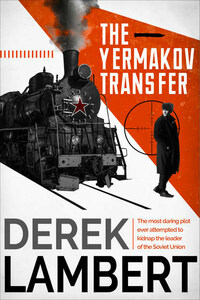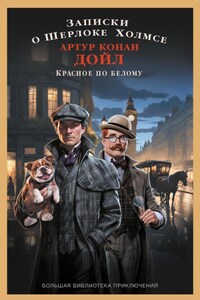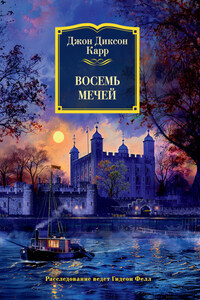COPYRIGHT
Collins Crime Club
An imprint of HarperCollinsPublishers Ltd.
1 London Bridge Street
London SE1 9GF
www.harpercollins.co.uk
First published in Great Britain by Arlington Books Ltd 1974
Copyright © Derek Lambert 1974
Design and illustration by Micaela Alcaino © HarperCollinsPublishers Ltd 2017
Cover photographs © Shutterstock.com
Derek Lambert asserts the moral right to be identified as the author of this work
A catalogue record for this book is available from the British Library
This novel is entirely a work of fiction. The names, characters and incidents portrayed in it are the work of the author’s imagination. Any resemblance to actual persons, living or dead, events or localities is entirely coincidental.
All rights reserved under International and Pan-American Copyright Conventions. By payment of the required fees, you have been granted the non-exclusive, non-transferable right to access and read the text of this ebook on screen. No part of this text may be reproduced, transmitted, down-loaded, decompiled, reverse engineered, or stored in or introduced into any information storage and retrieval system, in any form or by any means, whether electronic or mechanical, now known or hereinafter invented, without the express written permission of HarperCollins ebooks
HarperCollinsPublishers has made every reasonable effort to ensure that any picture content and written content in this ebook has been included or removed in accordance with the contractual and technological constraints in operation at the time of publication
Source ISBN: 9780008268367
Ebook Edition © November 2017 ISBN: 9780008268350
Version: 2017-10-04
DEPARTURE
Among those on board the Trans-Siberian Express leaving Moscow’s Far Eastern station at 10.05 on Monday, October 1, 1973, was the most powerful man in the Soviet Union and the man who planned to kidnap him.
They sat four coaches apart: the Kremlin leader, Vasily Yermakov, in a special carriage surrounded by militia and K.G.B. as thick as aphides, the kidnapper, Viktor Pavlov, in a soft-class sleeper with a Tartar general and his wife.
Yermakov, burly and jovial, sat at a desk in a black leather, wing-back chair smoking a cigarette with a cardboard filter and watching the K.G.B. screen the last passengers boarding the train. The peasants with their samovars, blankets, punished suitcases and live chickens looked apprehensive; but not as scared as the enemies of the State Yermakov had interrogated in the thirties. That was progress.
He stubbed out the cigarette as if he were squashing a cockroach. The abrupt movement alerted his two bodyguards and nervous secretary who hovered expectantly. Yermakov, as avuncular as Stalin, nodded approvingly: he liked disciplined obedience but not servility which he despised.
He said: “I think it’s going to snow.”
Now it had to snow.
“I think you’re right, Comrade Yermakov,” said the secretary, a pale man wearing gold-rimmed spectacles whose knowledge of Kremlin intrigue had given him neurasthenia.
The two bodyguards in grey suits with coathanger shoulders and pistol bulges at the chest, also voiced their agreement.
And outside it did smell of snow. The sky was grey and bruised, the faces of the crowds, marshalled for Yermakov’s departure, stoic with the knowledge of the months ahead. The atmosphere was appropriate for the journey into Siberia, the journey into winter.
For Yermakov the journey had a magnificent symbolism. The historic Russian theme of pushing east – while the Americans pushed west; the freeing of the Tsars’ manacled armies of slaves; the victorious pursuit of the White Russians; the new civilisation the young Russians had built on foundations of perm frost as hard as concrete.
The trip had been his own idea, already much publicised. A series of rallies in the outposts of the Soviet Union with speeches warning the Chinese massed on the Siberian border, dissidents such as Alexander Solzhenitsyn and Andrei Sakharov, and the Jews agitating to leave Russia for Israel.
He glanced at his wrist-watch as big as a handcuff. Five minutes to go. He drank some Narzan mineral water.
On the platform two plainclothes men hustled a passenger out of the station. A stocky, curly-haired man with a brown, Georgian complexion. He was bent double as if he had been kneed in the groin. Presumably his papers hadn’t been in order; or his passport had been stamped with the word JEW.
Yesterday there had been a Zionist demonstration outside the Central Telegraph Office in Gorki Street. Privately Yermakov thought: To hell with them. Let the trouble-makers go, keep the brains.














